Table of Contents
If you’ve been struggling with losing weight and have tried various diets and supplements with no success, don’t lose hope just yet. Take a deep breath in and let’s dive into the magical world of weight loss.
Let’s talk about Maitake Mushroom and Weight Loss.
Is Maitake a superfood or functional food?
Maitake is considered a superfood with different health-promoting properties due to its high content of bioactive compounds with antitumoral, antioxidant, and anti-inflammatory activity1
This mushroom is a fat burner, that is, it helps to reduce the buildup of adipose tissue, especially if associated with physical exercise, because it promotes the use of fat to produce energy, thus keeping the craving for sweets and carbohydrates under control.
Medicinal mushrooms are often termed mushroom nutraceuticals, which means they are beneficial to the body not only in terms of nutrition but also for improved health.
As part of a healthy diet, functional foods can be consumed not only in their natural state, but also after biotechnical modification. It is suggested that these foods will enrich a healthy diet and improve the nutritional value of other foodstuffs.
Mushrooms are considered as a delicacy with a high nutritional and functional value and accepted as functional and nutraceutical food ingredients. They are of considerable interest because of their organoleptic value, medicinal properties, and economic significance. The nutritional value of edible mushrooms is due to their high protein, fiber, vitamin and mineral contents, and low fat levels
Health Benefits Maitake Mushroom
The absence of starch in mushrooms makes it an ideal food for diabetic patients and for persons who wants to shed excess fat2.
Medicinal mushrooms are known to exhibit antiviral, antibacterial, antifungal, anti-inflammatory, antitumor and immunomodulating, cardiovascular, hepatoprotective, antidiabetic, hypolipidemic, antithrombotic, and hypotensive effects3. The properties and mechanisms of extracts and bioactive compounds from mushrooms have already been evaluated in a human population or human cell lines and animal model or animal cell lines
The principal nutraceuticals found in mushrooms include:
- Lipids, especially unsaturated fatty acids;
- Vitamins, such as vitamin E and vitamin C
- Proteins, peptides and amino acids, including lectins, leucine and valine;
- Carbohydrates, especially polysaccharides4
Which mushroom helps with weight loss?
Have you ever heard about the link between Maitake mushrooms and weight loss? In this blog post, we discussed the health benefits of tremella mushroom including weight loss.
The rich source of proteins, vitamins, and minerals, low in fat content (2-8%), and having unique biochemicals make mushrooms low-calorie food and choice diet for those suffering from hypertension, atherosclerosis, diabetes, and obesity 5
Maitake mushrooms scientifically known as Grifola frondosa have been studied for their potential benefits in addressing obesity, a condition that significantly increases the risk of various diseases and affects quality of life. Research has focused on understanding the mechanisms by which maitake mushrooms contribute to weight management and metabolic health.
These mushrooms have been used in traditional medicine for their immune-boosting and anticancer properties.
The weight loss properties of Grifola frondosa can be attributed to their high fiber content, which has been shown to contribute to better gut health, reduced hunger, and overall lower calorie intake. The maitake mushroom extract in particular, has been linked to promising results in the inhibition of fat accumulation, offering a potential tool in the ongoing battle against obesity.

Key Takeaways
- Grifola frondosa offer numerous health benefits, including immune-boosting properties.
- The high fiber content in maitake mushrooms contributes to their potential weight loss benefits.
- Maitake mushroom extract may help reduce fat accumulation in the body.
Grifola frondosa Dancing Mushroom Overview
Names of Maitake mushrooms
Did you know Grifola frondosa is derived from Griffin, the beast from Greek Mythology with the head and wings of an eagle and the body of lion, and frondosa means leaflike.
Maitake mushrooms are a type of edible fungus native to the temperate forests of Japan, North America, and Europe, particularly around the stumps of oak trees. The name “Maitake” translates to “dancing mushroom” in Japanese, and is said to have originated from the joy people felt upon discovering this delicious and nutritious mushroom [(source)]. Maitake is also commonly referred to as “Hen of the Woods” due to its appearance and “Cloud Mushroom” for its dense cluster of overlapping caps.
Maitake mushroom nutrition facts
Maitake mushrooms are known for their impressive nutritional profile, which includes a variety of vitamins, minerals, and bioactive compounds such as polysaccharides. These mushrooms are rich in antioxidants, and also contain significant amounts of vitamins B and D, as well as minerals like potassium, copper, and magnesium [(source)].
Reported biological activity
Antioxidant, hypotensive, antitumour, hypoglycemic, immunotherapy, antidiabetic, antiinflammatory activity, improves ovulation, antiviral
Here’s a brief overview of the bioactive ingredients and medicinal properties found in Maitake mushrooms:
- Polysaccharides: Highly valued for their bioactive polysaccharides, especially the D-fraction, MD-fraction, and SX-fraction.. These protein polysaccharides have well-documented immune-protecting properties [(source)].
- Vitamin B: These mushrooms are a good source of various B vitamins, which are essential for a healthy metabolism and energy production.
- Vitamin D: Maitake contains vitamin D, a fat-soluble vitamin that plays a critical role in maintaining healthy bones and supporting immune system function.
- Minerals: Maitake mushrooms provide essential minerals such as potassium, calcium, copper, and magnesium, which contribute to overall health and well-being.
- Fiber: Helps with digestion and can assist in managing weight
In addition to its nutritional benefits, Maitake mushrooms have been studied for their potential influence on weight loss and fat accumulation reduction, making them a popular choice for those seeking natural ways to support their weight loss journey.
Furthermore, Maitake has demonstrated potential benefits on cholesterol and blood pressure levels, which are essential for maintaining a healthy cardiovascular system. By integrating Maitake mushrooms into your diet, you can provide your body with a natural source of essential nutrients and potentially improve your overall health.
Health Benefits of Maitake mushroom
Immune System Support
Maitake mushrooms contain immune-boosting properties, primarily due to their high concentration of beta-glucans. These compounds are known to enhance immune system function by activating cells that fight infections.
Cancer
Research has shown the potential of Maitake mushrooms in preventing and treating various types of cancer. This is thought to be a result of the mushroom’s ability to stimulate the production of certain immune cells that attack cancer cells. Moreover, Maitake can inhibit the growth of cancer cells by modulating tumor cell invasion and metastasis.
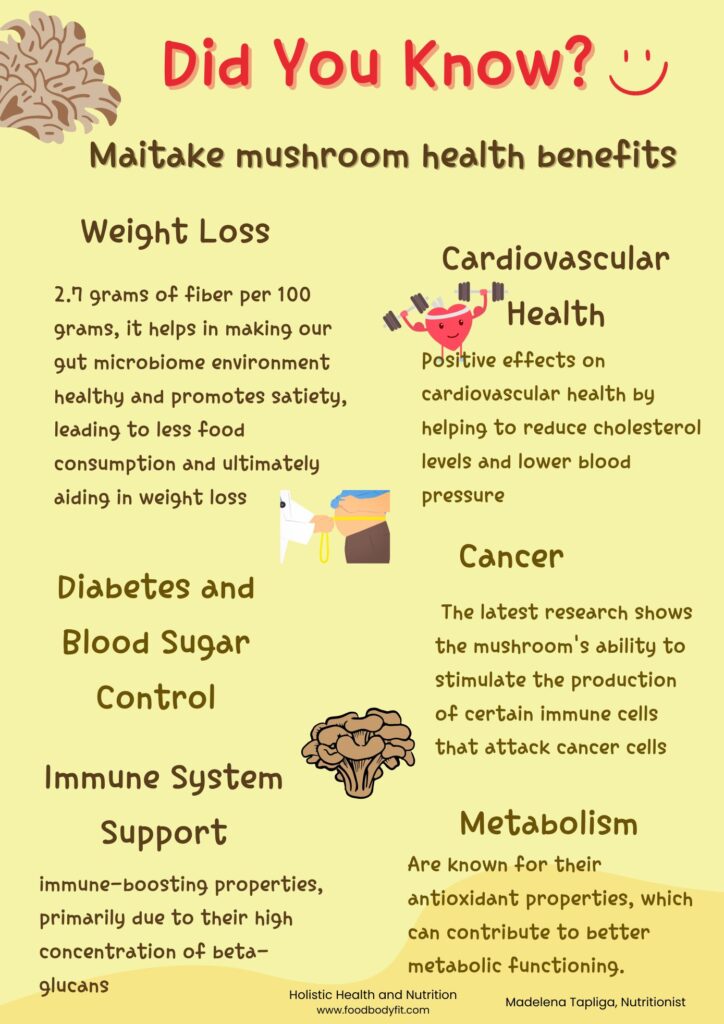
Cardiovascular Health
Maitake mushrooms have shown positive effects on cardiovascular health by helping to reduce cholesterol levels and lower blood pressure. They can increase the production of fatty acids, leading to cleaner arteries and improved heart health. Incorporating Maitake mushrooms into a balanced diet might be beneficial for individuals looking to maintain or improve their cardiovascular health, as well as weight management.
What is the best mushroom supplement for weight loss?
Best Mushroom Supplement for Weight Loss is Elixir of Life
10:1 water extraction
contain the best blend of mushrooms, including maitake mushroom powder
Maitake Mushroom Weight Loss
Fat Reduction Properties
Hunger and satiety are controlled by diverse neural and endocrine collaborations between the gut, brain, and adipose tissues.
Maitake mushrooms have gained attention for their potential role in weight management. Research suggests that consuming maitake mushrooms may help in reducing body weight and visceral fat accumulation by regulating lipid metabolism and inhibiting fat deposits.
One of the reasons for this effect is the presence of fiber in maitake mushrooms. With 2.7 grams of fiber per 100 grams, it helps in making our gut microbiome environment healthy and promotes satiety, leading to less food consumption and ultimately aiding in weight loss.
Maitake and Metabolism
A recent study suggests that changes in the gut microbiota are associated with obesity and other related metabolic syndromes6.
Apart from its fat reduction properties, maitake mushrooms can also have a positive impact on metabolism2. These mushrooms are known for their antioxidant properties, which can contribute to better metabolic functioning. A study conducted on rats found that maitake mushroom consumption resulted in improved glucose levels, indicating its potential use for the treatment of type 2 diabetes in humans3.
In summary, incorporating maitake mushrooms into your diet can support weight management and improve metabolic functioning due to their fat reduction properties and positive effects on metabolism. Adding Maitake mushrooms to your diet can be a delicious and nutritious option for those looking to manage their weight and maintain a healthy lifestyle.
Role in Diabetes and Blood Sugar Control
Impact on Insulin Resistance
Maitake mushrooms have been studied for their potential role in diabetes and blood sugar control. It has been found that they may have a positive impact on insulin resistance, a common issue in individuals with Type 2 diabetes. Maitake mushrooms contain bioactive compounds that can potentially help improve insulin sensitivity, thus aiding in blood sugar regulation.
One of the primary bioactive ingredients in Maitake mushrooms is beta-glucan, a type of soluble fiber2. Research indicates that beta-glucan may help reduce insulin resistance by slowing down the absorption of glucose in the intestinal tract, leading to a more gradual rise in blood sugar levels after meals1. This effect can be particularly beneficial for those with diabetes, as improved insulin sensitivity can lead to better glycemic control.
Regulating Blood Glucose
Maitake mushrooms may not only impact insulin resistance but also play a role in directly regulating blood glucose levels7. Studies have shown that maitake mushroom extract has a hypoglycemic effect3, meaning it can help lower blood sugar levels. Some of the compounds found in maitake mushrooms, such as G. frondosa polysaccharides4, have been found to have antidiabetic properties that contribute to glucose regulation.
In a study examining the effect of maitake mushroom extract on blood glucose levels, it was observed that maitake supplementation helped regulate blood glucose levels in diabetic mice more consistently than a control group. This suggests that maitake mushrooms might play a role in helping stabilize blood sugar levels, which is crucial for individuals with diabetes.
To summarize, Maitake mushrooms shows promising potential in the management of diabetes and blood sugar control, through both improving insulin resistance and directly regulating blood glucose levels.
Culinary Uses of Maitake
Maitake mushrooms, are highly versatile, absolutely delicious and can be incorporated into a variety of dishes. They boast a rich, earthy flavor and a unique, tender texture. One popular preparation method involves roasting maitake with ingredients like onions and walnuts, as described in this recipe.
Maitake mushrooms can also be enjoyed in soups, offering a boost of flavor and texture. Their high fiber and protein content make them a nutritious addition to any meal. A simple yet delicious idea is to create a maitake mushroom soup by sautéing the mushrooms with onions, garlic, and your choice of herbs before adding vegetable broth.
- Sautéed: Lightly sauté the mushrooms in butter and season with herbs, salt, and pepper.
- Stir-Fries: Add Maitake mushrooms to vegetable stir-fries for added texture and flavor.
- Soups and Stews: Enhance the nutritional value and richness of soups and stews with a handful of Maitake mushrooms.
- Grilling: Marinate Maitake mushrooms in your favorite sauce, then grill for a delicious and nutritious side dish.
Incorporating Maitake in Diets
Apart from being used in various recipes, maitake mushrooms can also be consumed as a tea. This method allows you to enjoy the benefits of maitake while sipping on a warm, soothing beverage.
To make maitake tea, simply simmer the dried mushrooms in water for about 20-30 minutes. You can also choose to blend the mushrooms with other beneficial herbs or ingredients like ginger for added flavor and health benefits. This tea is a refreshing way to incorporate maitake mushrooms into your diet while keeping your calorie intake in check, which can be helpful for those looking to lose weight.

Maitake mushroom tea
Elixir of Life, the best organic powdered mushroom with 30% beta glucan
It is important to remember that, while maitake mushrooms may have potential weight loss benefits, they should be consumed as part of a balanced diet and healthy lifestyle. Incorporating maitake in various recipes, soups, and teas can be a delicious and nutritious way to enjoy these versatile mushrooms.
Maitake Supplements
Maitake supplements are commonly available in the form of maitake mushroom extract, which contains a bioactive compound called D-fraction.
Extracts and Dosages
Maitake extract is typically derived from the fruiting body of the mushroom and contains a proteoglucan, which is a beta-glucan and protein complex in a specific ratio. Most studies on maitake have utilized the D-fraction extract for its antitumor and immune-boosting effects.
Potential Side Effects
Maitake mushroom extract is generally considered safe when used in moderation. However, as with any supplement, potential side effects may occur. Some people may experience mild gastrointestinal issues, such as gas, bloating, or diarrhea.
Some people might experience an allergic reaction to Maitake Mushrooms. I couldn’t find any medical report regarding the allergic reaction to Maitake Mushrooms. When adding Maitake mushrooms or their powder to your diet, especially if you have allergy concerns, introduce them gradually and monitor for allergic reactions over 48 hours, consulting a healthcare professional if needed.
Nourish Your Mind, Body, and Soul: Embrace the Power of Holistic Nutrition
Additionally, Maitake mushrooms might interact with certain medications. If you are on diabetes or blood pressure medications, it’s essential to monitor your glucose and blood pressure levels carefully, as mushrooms may affect these levels as well [1]. Consult with a healthcare professional before adding Maitake mushrooms to your diet if you’re taking any prescription medications.
Pregnancy
There is limited research on the effects of consuming Maitake mushrooms during pregnancy. However, it’s generally recommended that pregnant women exercise caution when consuming any new dietary supplements or untested herbal remedies.
Maitake mushrooms are a popular choice for individuals who are focused on maintaining a healthy lifestyle. These mushrooms are low in calories and rich in various essential nutrients, making them an excellent addition to a health-conscious diet. Furthermore, their versatility allows for easy incorporation into various dishes, providing both taste and nutrition to support your dietary goals.
Frequently Asked Questions
What is the recommended dosage for maitake mushroom supplements for weight loss?
It’s important to note that specific dosages for maitake mushroom extract for weight loss purposes are not standardized.
The recommended dosage for maitake mushroom supplements can vary depending on an individual’s age, health, and other factors. It is essential to follow the directions provided by the manufacturer or consult with a healthcare professional when determining the appropriate dosage. Keep in mind that while supplements may provide benefits, a balanced diet and regular exercise are also crucial for weight loss.
What are the differences in efficacy between maitake mushroom extract and whole maitake mushrooms for losing weight?
Both maitake mushroom extract and whole maitake mushrooms can provide benefits for weight loss. However, maitake mushroom extracts may be more potent due to their concentrated form. Consuming whole maitake mushrooms brings additional nutritional benefits, such as fiber content, which can better support weight management when paired with a balanced diet and proper exercise. Always consult a healthcare professional before incorporating maitake into your weight loss plan.
If you are trying to find Maitake Mushrooms near me
We are based in Sutton, Surrey UK. We use Royal Mail. Place your order Here
Conclusion
To summarize, incorporating Maitake mushrooms into one’s diet may offer several health benefits, including:
- Weight management: Due to their fiber content, they help in curbing appetite and supporting gut health.
- Immunity boost: Their bioactive compounds can contribute to enhancing the immune system’s functionality.
- Nutritional value: They possess a favorable nutritional profile as they are relatively low in fat and moderately rich in protein and carbohydrates.
It is important to remember, that weight loss and overall health should be approached with a comprehensive lifestyle strategy, including a balanced diet and regular physical activity. Including Maitake mushrooms as a part of such a plan may be beneficial, but counting solely on its consumption might not yield the desired results.
In conclusion, Maitake mushrooms appear to be a promising addition to a healthy diet plan for those aiming to achieve weight loss or maintain a healthy weight, while also potentially providing other health benefits. As always, it is advisable to consult with a healthcare professional before making any significant changes to one’s diet or embarking on a new weight loss programme.
Which Mushroom Is Best For Gut Health? Unlock The Secret
Do you suffer from Gastro-esophageal reflux disease (GERD) and want to find the best way to tackle this burning…
Forgotten Superfood Turkey Tail Mushroom, Will Change Your Life Forever
Table of ContentsTurkey Tail Mushroom Medicinal Uses, Benefits, and Side Effects Explained: Coriolus Versicolor InsightsKey TakeawaysMechanisms of Action of…
Amazing Elixir of Life-Best Medicinal Mushroom Powder UK
Experience Wellness – The Elixir of Life AwaitsBest Medicinal Mushroom Powder: Medicinal Fungi, Your Forest FriendsMedicinal Mushrooms and connection to…
Is Diabetes A Nutritional Deficiency Disease: 8 Missing Important Nutrients
Type 2 Diabetes Nutritional Deficiency: Exploring Causes, Supplements, and Prevention StrategiesIs Diabetes A Nutritional Deficiency Disease?Causes and Risk FactorsThe…
10 Medicinal Mushrooms and Diabetes Better Control
People are going to start realizing, why take those antibiotics that are extracts of mushrooms? Why not just have…
5 Hidden Secrets of Maitake mushroom and Weight Loss
Which mushroom helps with weight loss? Grifola frondosa Dancing Mushroom OverviewMaitake mushroom nutrition factsHealth Benefits of Maitake mushroomImmune…
Can Lion’s Mane Help With ADHD? Unlocking Focus And Clarity
Table of ContentsBenefits of Lion’s Mane on Brain Function: A Comprehensive Guide to Benefits, Dosage, and NutritionDoes Lion’s Mane…
Secrets of Mind-Blowing Cordyceps Mushrooms And Female Fertility
Cordyceps Mushrooms and Female Fertility: Unveiling Natural Benefits for Enhancing Reproductive HealthOverview of Cordyceps Mushroom benefitsHistorical UseModern ApplicationsCordyceps and Female…
The Best Tremella Mushroom Guide: 11 Amazing Health Benefits Of
What is tremella mushroom good for?Why History MattersTremella Mushroom Nutrition FactsVitamins and Minerals Macronutrients Tremella Mushroom Health BenefitsCreates Youthful…
Fatty Liver and Cirrhosis: The Best Guide and Diet Insights
Table of ContentsFast factsFatty Liver DiagnosisStages and Progression of CirrhosisHow Fatty Liver Leads to CirrhosisTreatments for Fatty LiverManaging Cirrhosis MedicallyMeal…
The Link Between Laxatives and Dementia: You Need to Know
Link between laxatives and dementia care ukWhat is the number of people living in care homes in the UK who…
The Best Guide To Powerful NLS Bioresonance Therapy for Health
Welcome to our comprehensive guide on Bioresonance Therapy, a revolutionary approach to holistic wellness. This blog post will explore the…
The 5 Interesting Hidden Links Between Stress and Constipation
Introduction Can stress and anxiety cause constipation? Chronic constipation – an often-overlooked medical conditionLet’s talk about the types and…
The Truth About Awesome Water Fasting Benefits
The concept of water fasting has emerged as a powerful antidote to reset our bodies and rejuvenate our overall well-being….
Heartburn During Pregnancy:19 Tested Ways to get relief from It
How can I relieve my heartburn while pregnant?Congratulations on the little miracle growing inside of you!It’s essential to understand that…
GERD Diet: Foods That Help with Acid Reflux (Heartburn)
Some of the questions received about the GERD Diet at the email address office@foodbodyfit.comGastroesophageal reflux disease (GERD) symptoms?Lifestyle changes and…
Is Choline the missing link for better Human Health?
Did you know that 90% of the population is at risk for a choline deficiency? Low choline intake has been…

Weight management
Weight management With the term ‘obesity’, we characterise an abnormal or excessive accumulation of body…
Nutritionist consultation
Nutritionist consultationsNutritionist consultations have a clear roadmap to recover your health, happiness and increase your energy level.What is the…
The best benefits of DMSO- The best guide that covers
Table of ContentsThe best Benefits of DMSO Unlock Your Cells’ Potential with DMSO – A Powerful Tool for Supporting Life’s…
Online Nutrition
Online Nutrition consultations provide accurate and up-to-date scientific nutrition information that can help you reach your goals. Take control of…
Osteoarthritis healing.
Osteoarthritis, full recovery without surgerySummer, 2016. Osteoarthritis healing.I woke up with severe pain in my right knee, hence I…
What is Clinical Nutritionist
Clinical nutritionists use a holistic approach to healing, taking into consideration the whole person, mind, body and soul. This approach…
Expert Personalised Nutrition: You Need To Know Why Everyone Is
Table of ContentsWhy Personalised Nutrition?What are the factors that can cause this difference in metabolism for two people eating the…
How Powerful Astaxanthin Empower People’s Wellness and Immunity
What is the difference between natural and synthetic astaxanthin?Astaxanthin health benefitsAstaxanthin skin benefitsFood supplement recommendationsAbsorption and bioavailabilitySafety of AstaxanthinWhat is…
DMSO a true medical miracle
THE BEST BENEFITS OF DMSO- THE BEST GUIDE THAT COVERS 31 MEDICAL CONDITIONS THAT WILL BENEFIT OF USING DMSO update…

Knee to toes. What you need to know
Management of Varicose VeinVaricose veins are twisted, dilated veins most commonly located on the lower extremities. Risk factors include chronic…
Ultrasound Fat Reduction & Weight Management
Non surgical fat reductionUltrasonic cavitation, or ultrasound cavitation, is a cosmetic procedure that’s used to break apart fat deposits in…
The sensational hidden world of CELLULAR NUTRITION
Cellular nutrition involves providing cells with the necessary materials to carry out their metabolic functions. This includes supplying them with…
Managing Rheumatoid Arthritis with Dietary Interventions
Rheumatoid arthritis (RA) is a systemic, debilitating, chronic inflammatory autoimmune disorder affecting approximately 1% of the world population (1). The…
Osteoarthritis and nutrition
Osteoarthritis (OA) is a degenerative joint disease and a leading cause of adult disability. It can affect any joint of…
Goal setting weight management
This article provides advice on goal setting to people who are trying to make changes to their diet and lifestyle….
Eat well to heal well
Your food and fluid requirements will increase if you have a pressure ulcer or open wound. To encourage your skin…
Why do I need iron?
How do i increase iron in my diet ?How much iron do I need in my diet?Iron is important for…
13 Secrets of How to Lower Your Cholesterol Fast
Are you concerned about your cholesterol levels? Discover the secrets of lowering your cholesterol naturally through diet. Make informed decisions…
What is gastroesophageal reflux disease?
What is gastroesophageal reflux disease?GERD DIET: FOODS THAT HELP WITH ACID REFLUX (HEARTBURN)Gastroesophageal reflux disease (GORD, sometimes also known as…
Lowering your potassium levels
Why are my potassium levels high?What is Hyperkalemia?Hyperkalemia is an excessive level of potassium in the bloodstream.Potassium has several important…
Best Advice For Lowering Your Cholesterol
High cholesterol contributes to 4.4 million annual fatalities and stands as a significant risk factor for heart disease and stroke…
Iron-Deficiency Anemia
Iron-Deficiency Anemia Anemia tends to come in two forms- pernicious anaemia and iron deficiency. If you gave pernicious anaemia , it…
Why Riboflavin is Crucial for Optimal Health and Wellness?
How it is absorbed ?Riboflavin deficiencyThe Role of Riboflavin in Homocysteine, Folic Acid and the Metabolism of Other VitaminsGroups at…
Vitamine B1 or Thiamine
Vitamine B1 or Thiamine is a water soluble vitamin, which means it is not stored in the body. A member of…
Vitamin A, retinol and beta carotene
Vitamin A Retinol and beta carotene Retinol is the naturally occurring form of vitamin A, and it is founded mainly in animal…
Causes and symptoms of Acne
Causes and symptoms of Acne Although most people associate acne with the troublesome teenage years, it can erupt at any age….
Dandelion the best natural sources of potassium
Dandelion the best natural sources of potassium Dandelion (Taraxacum officinale)I would like to introduce one of my favourite herb: dandelion. Don’t…
What is a portion? Why count calories?
What is a portion? Below are some examples of what constitutes 1 portion of each food group. A healthy balanced diet…
Signs of toxic overload
Signs of toxic overload Answer the following questions as truthfully as you can. The aim of a detox programme are to reduce…
Common illness in children and benefits of herbal medicine
Common illness in children and benefits of herbal medicine: Children’s illness, even in western medicine is widely accepted principle that the…
Benefits of Manual lymphatic drainage
Benefits of Manual lymphatic drainage(MLD) Lymphatic massage is an advanced therapy. This massage treatment is fully tailored to each individuals needs. Before…
What is herbal medicine?
Herbal medicine is used to treat the whole person. Herbal remedies create balance in the body, enabling the body’s self healing…
Women’s health
Women’s health. Plant based medicine play an important role in the lives of many women. This is because herbal remedies fulfil…
Mushroom Powder Sutton: Discover The Best Mushroom Powder UK
Mushroom Powder SuttonMushroom Powder has become a popular supplement in Sutton, Surrey, UK, and for good reason. This powerful superfood,…
What is the Best Vitamin for Carpal Tunnel Syndrome: B6
Table of ContentsConditions associated with carpal tunnel syndromeWho is most likely to get carpal tunnel syndromeSymptoms related to carpal…
- He, X.; Wang, X.; Fang, J.; Chang, Y.; Ning, N.; Guo, H.; Huang, L.; Huang, X.; Zhao, Z. Polysaccharides in Grifola frondosa mushroom and their health-promoting properties: A review. Int. J. Biol. Macromol. 2017, 101, 910–921 ↩︎
- IOSR Journal of Pharmacy and Biological Sciences (IOSR-JPBS)
e-ISSN:2278-3008, p-ISSN:2319-7676. Volume 12, Issue 1 Ver. II (Jan. – Feb.2017), DOI: 10.9790/3008-120102107111 PP 107-111
www.iosrjournals.org ↩︎ - Wasser, S. P., and Weis, A. L. (1999b). Therapeutic effects of substances occurring in higher Basidiomycetes mushrooms: A modern perspective. Critical Reviews in Immunology, 19, 65-96 ↩︎
- Wasser, S. P. (2014). Medicinal mushroom science: Current perspectives, advances, evidences, and challenges. Biomedical Journal, 37, 345-356 ↩︎
- Singh, R. (2017). A review on different benefits of mushrooms. IOSR Journal of Pharmacy and Biological Sciences, 12(1), Ver. II (Jan. – Feb.2017), 107-111 ↩︎
- Madsen, L.; Myrmel, L.S.; Fjære, E.; Liaset, B.; Kristiansen, K. Links between dietary protein sources, the gut microbiota, and obesity. Front. Physiol. 2017, 8, 1047. ↩︎
- https://www.ncbi.nlm.nih.gov/pmc/articles/PMC10058372/ ↩︎

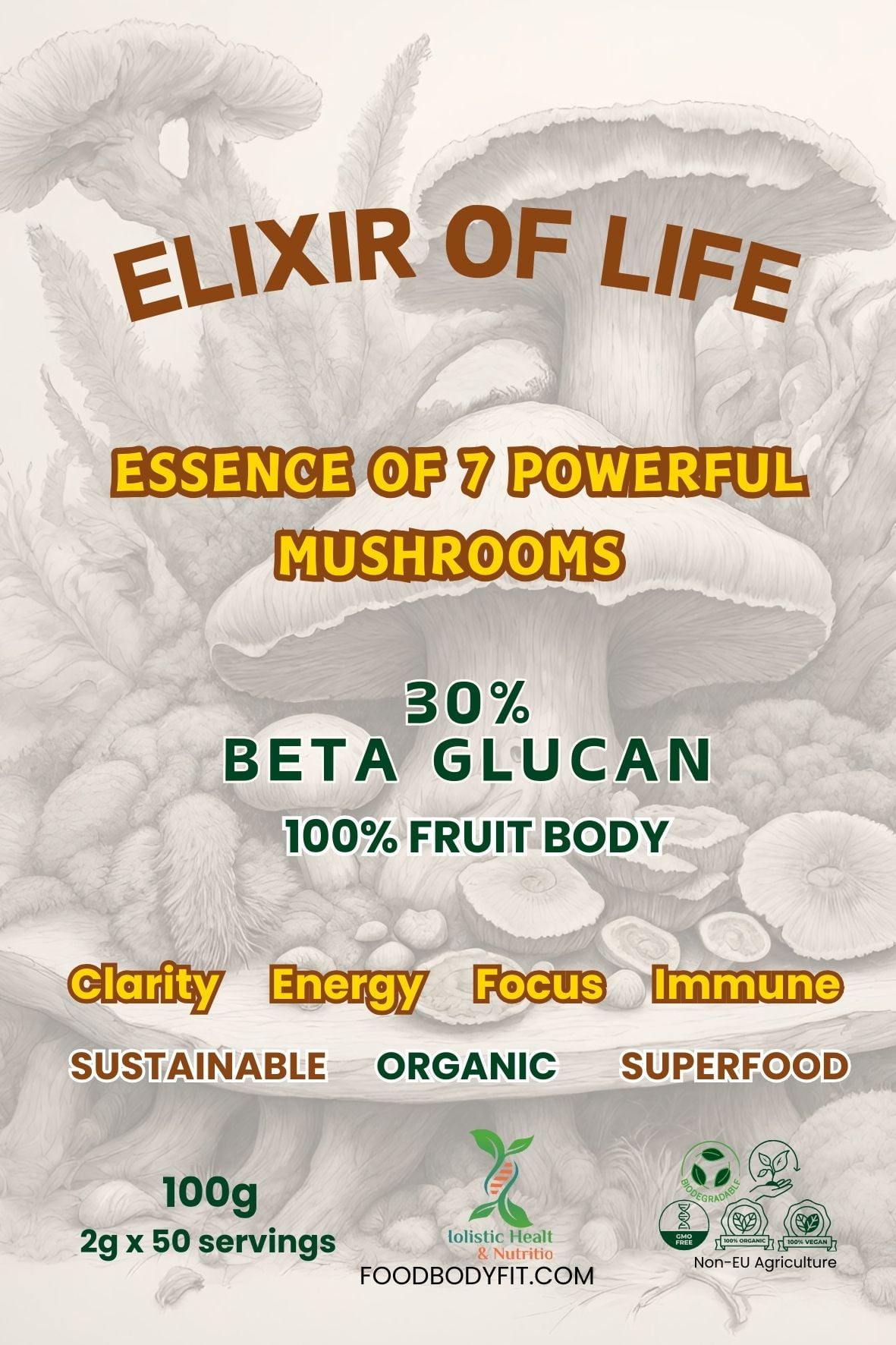
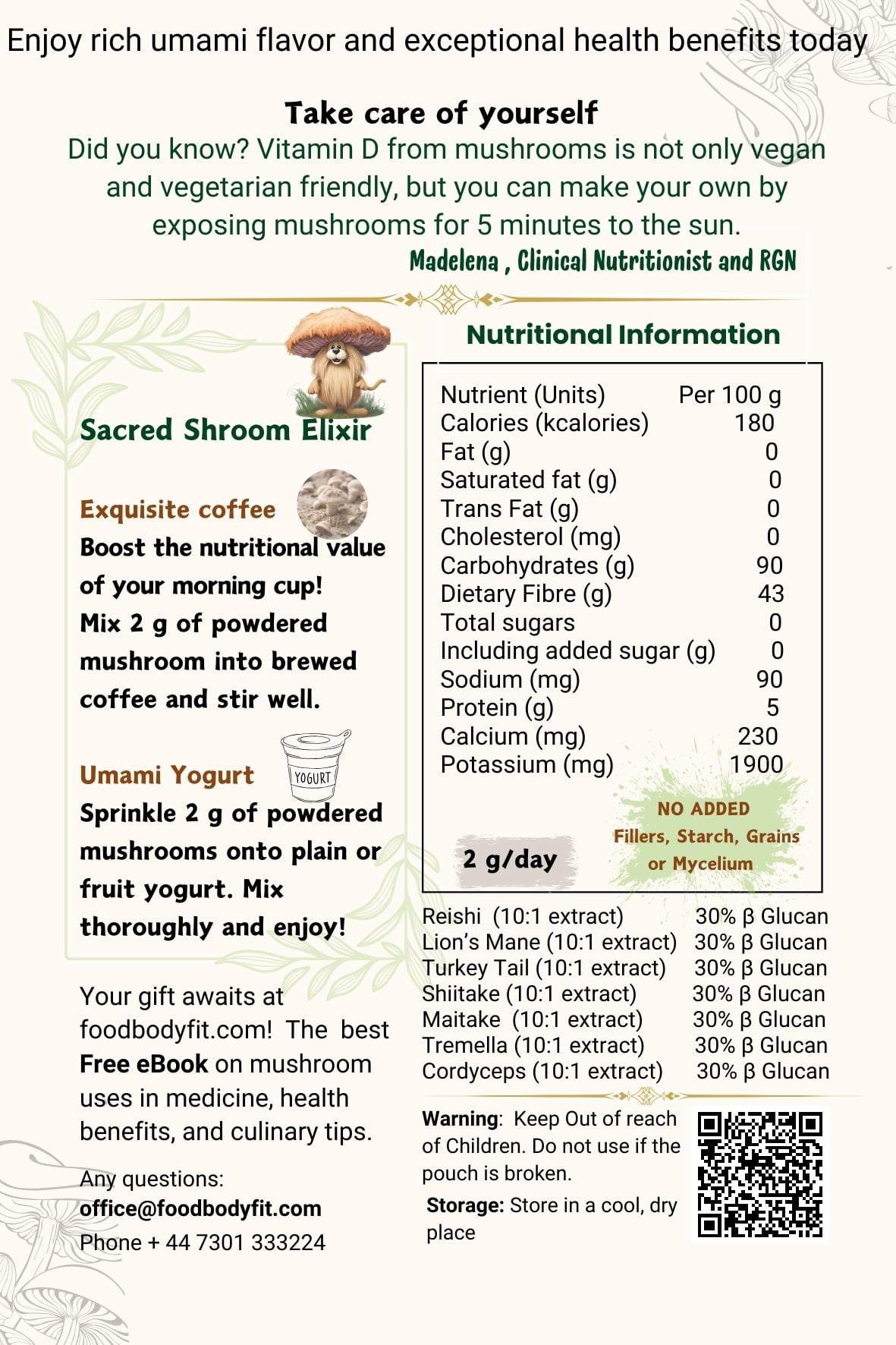


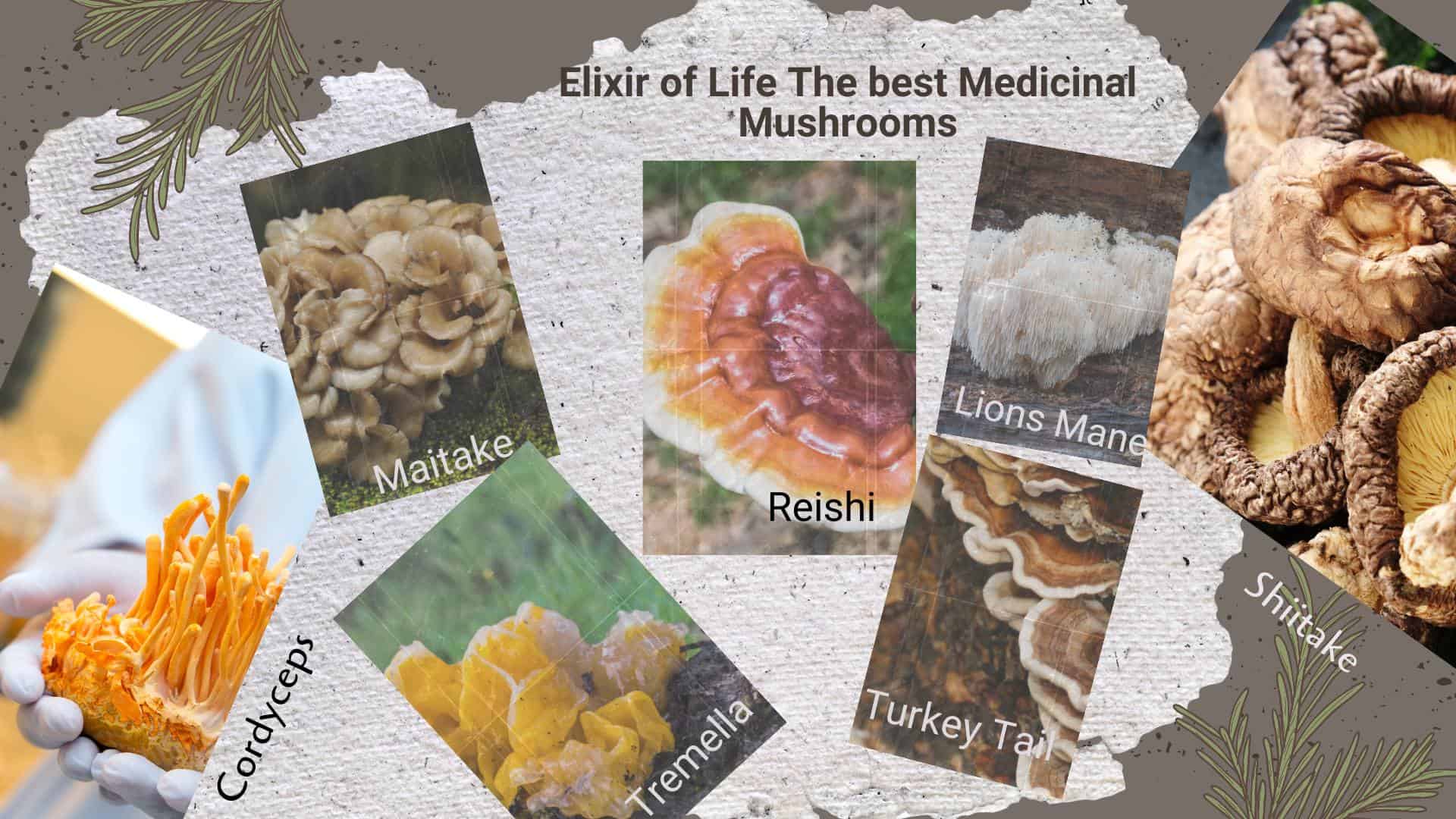


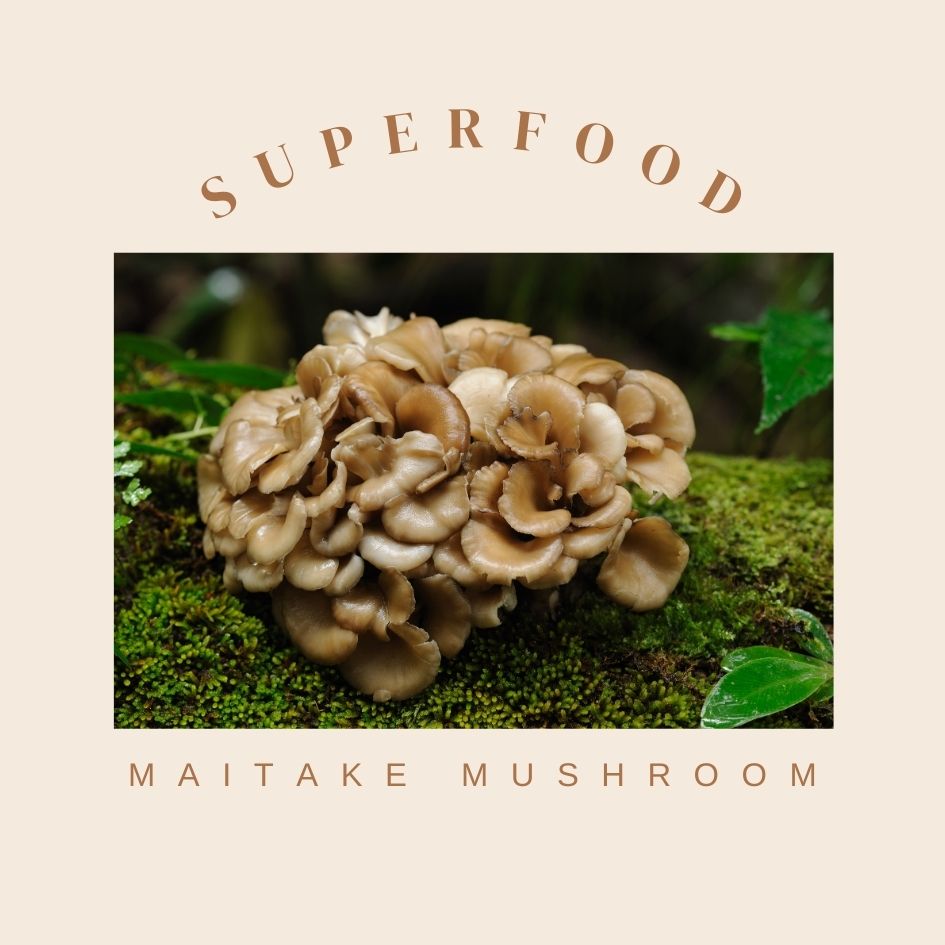








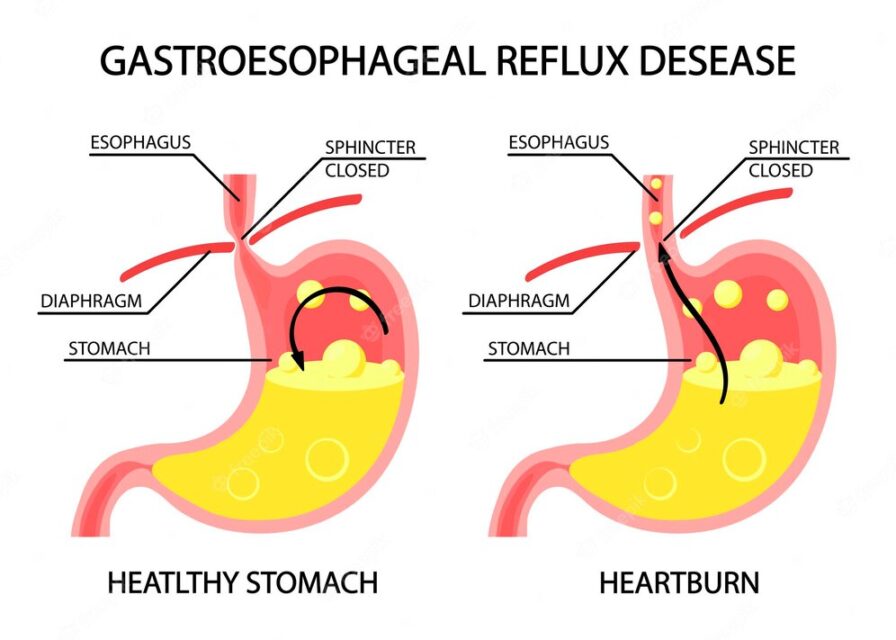








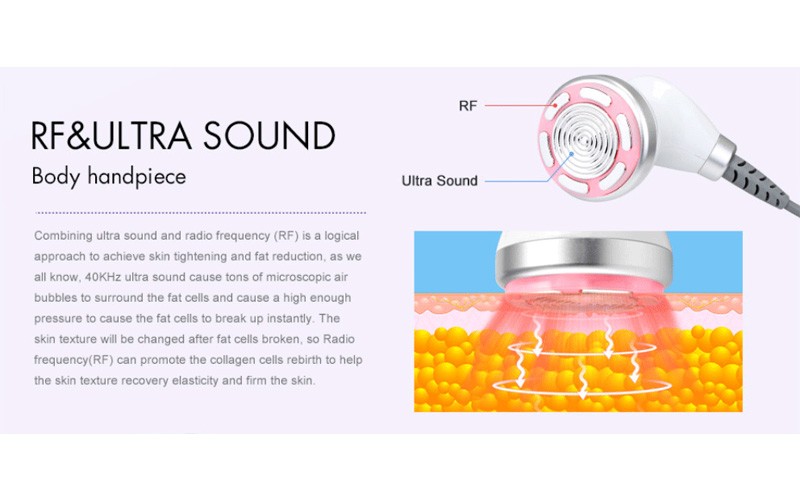

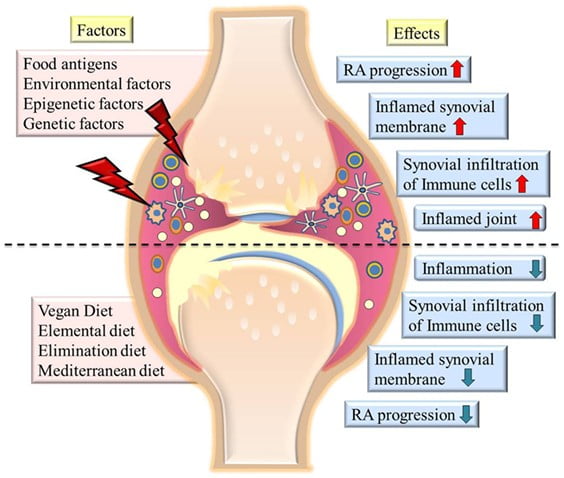
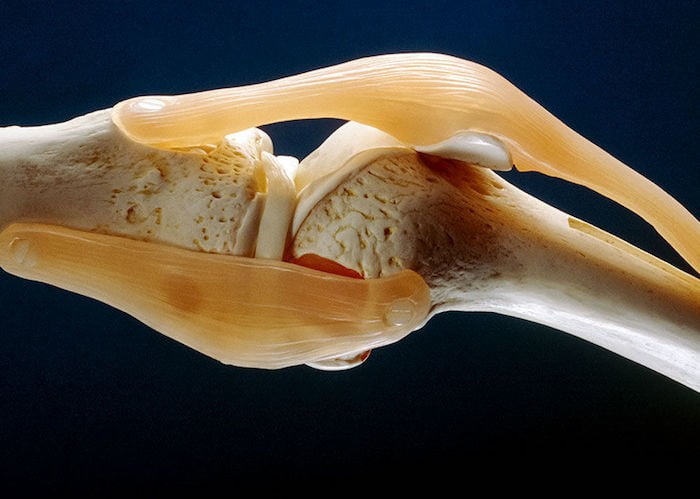





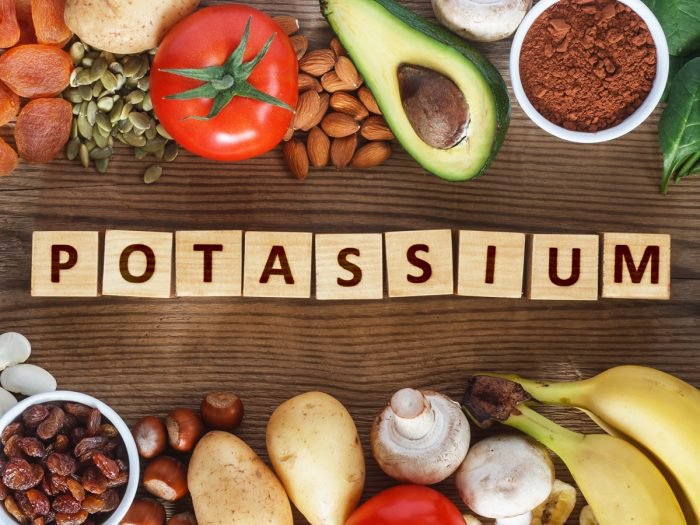
















[…] potential of medicinal mushrooms in anti-cancer therapies, obesity management, and the treatment of cardiovascular diseases or diabetes has been extensively discussed in […]